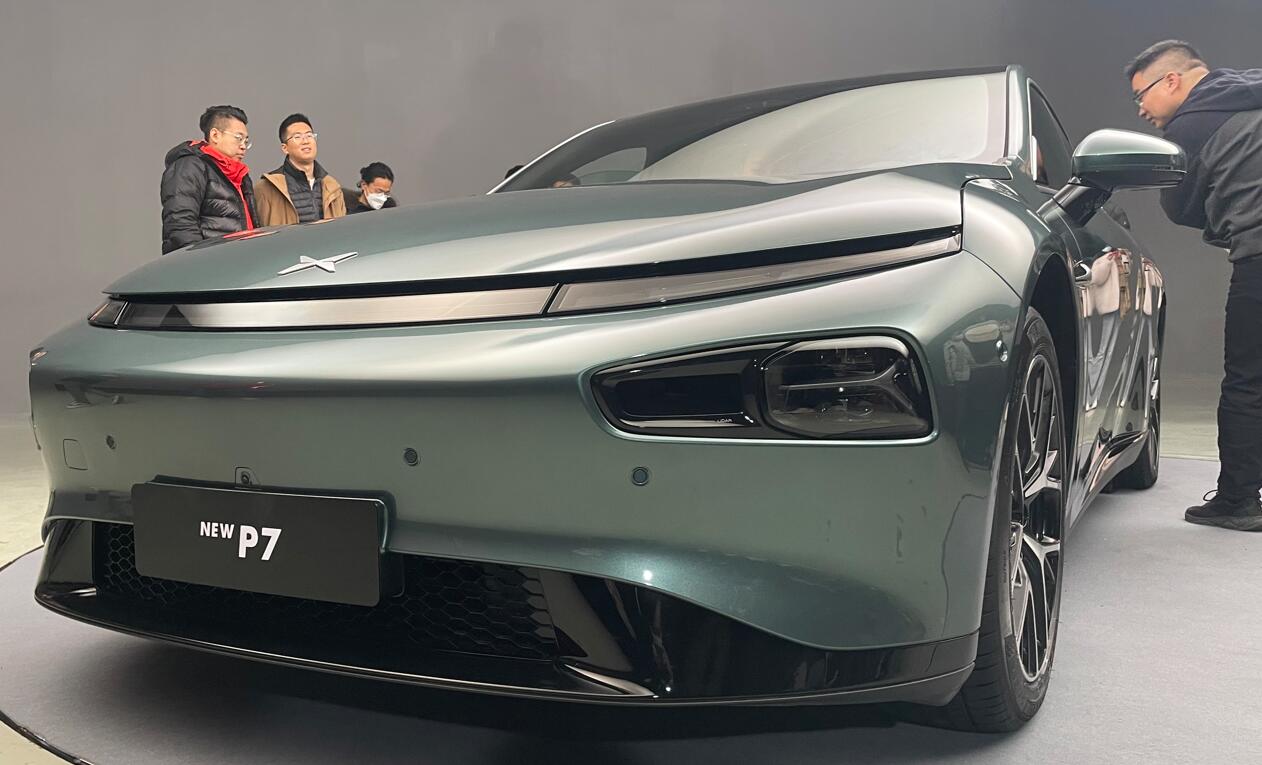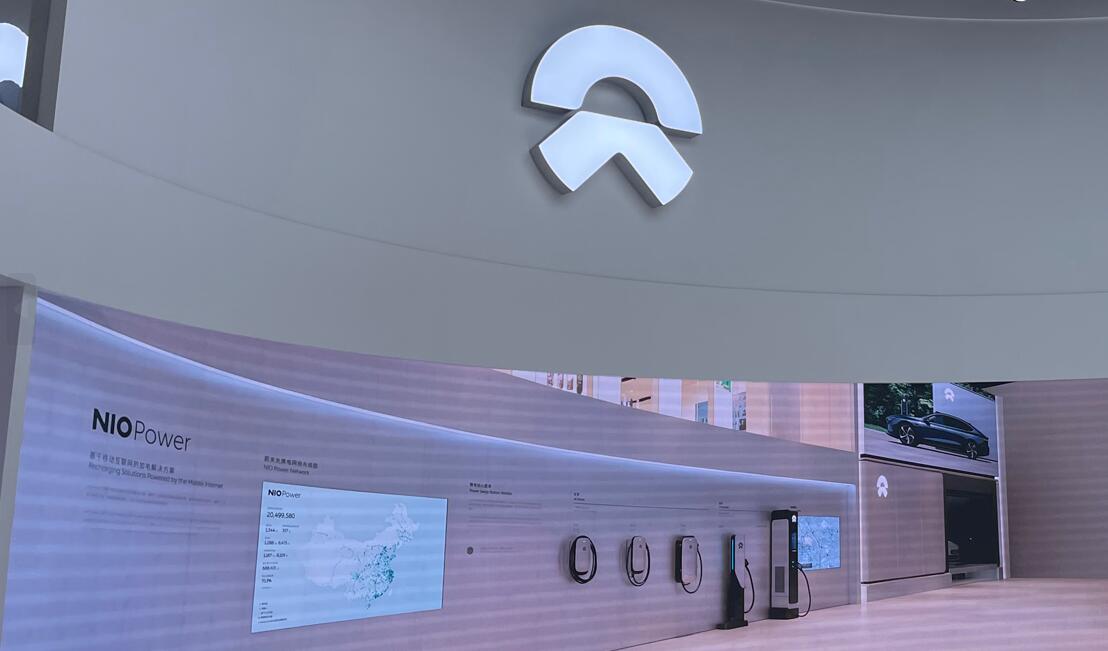So far this year, China's retail sales of passenger NEVs were 2,741,000 units, up 35 percent year-on-year.

(Image credit: CnEVPost)
From June 1 to June 18, retail sales of passenger new energy vehicles (NEVs) in China were 320,000 units, up 1 percent year-on-year and up 5 percent from the same period last month, according to data released today by the China Passenger Car Association (CPCA).
So far this year, China's retail sales of passenger NEVs were 2.74 million units, up 35 percent year-on-year.
From June 1 to June 18, wholesale sales of passenger NEVs in China were 308,000 units, down 8 percent year-on-year and up 7 percent from the same period last month, according to the CPCA.
So far this year, wholesale sales of passenger NEVs were 3.09 million units, up 38 percent year-on-year.
Between June 1 and June 18, retail sales of all passenger vehicles in China were 828,000 units, down 6 percent year-on-year and down 8 percent from the same period last month, the CPCA said.
So far this year, cumulative retail sales of passenger cars in China were up 3 percent year-on-year to 8.46 million units.
This means that from June 1 to June 18, the penetration of NEVs at retail in China was 38.6 percent, and 32.39 percent so far this year.
In the first week of June -- June 1-4 -- the average daily retail sales of passenger cars in China were 31,000 units, down 9 percent from a year ago and 42 percent lower than the same period last month.
In the second week -- June 5 to 11 -- average daily retail sales of passenger cars were 43,000 units, down 10 percent year-on-year and down 14 percent compared to the same period in May.
In the third week -- June 12 to 18 -- average daily retail sales of passenger cars were 58,000 units, down 2 percent year-on-year and up 21 percent compared to the same period in May.
China began halving purchase taxes on mainstream internal combustion engine vehicles last June, causing sales to shift toward the beginning of the month, the CPCA said. The policy was not renewed when it expired at the end of last year.
By comparison, this June is a normal sales month, so a dip at the beginning of the month is normal, the CPCA said, adding that auto sales are expected to decline year-on-year for the entire month of June.
The post China NEV retail at 320,000 in Jun 1-18, up 5% from same period last month, CPCA data show appeared first on CnEVPost.
For more articles, please visit CnEVPost.












